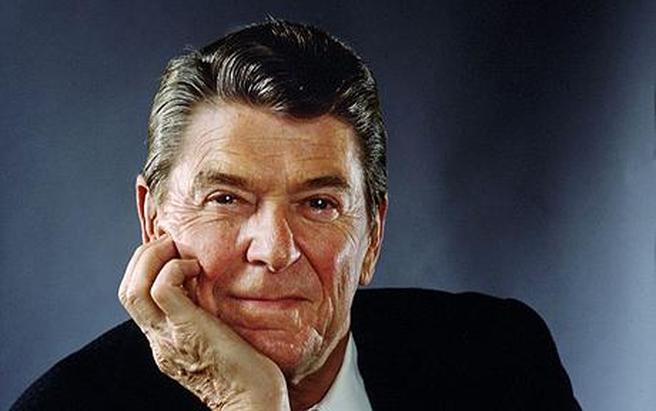Life in America: The Reagan Years, A Webography
Reaganism: A Very Short Introduction
The term given, mainly by the European media and the left, to the ideological character of the rhetoric and politics of Ronald Reagan's two terms as President of the US. The term has an imprecise meaning; Reagan was not noted for depth or clarity of conceptual thought, and the fragmented structure of US government inhibits consistency and coherence in policy-making. It may, however, be seen as a variant of American conservatism which bears some New Right influences and which rejects many of the premises of New Deal liberalism which dominated American politics from 1932 to the 1970s. Reaganism aimed to reinvigorate the US economy by reducing government regulation of business, taken to stifle innovation and reduce flexibility; and by tax cuts whose rationale was derived from supply-side economics. The economic recovery after 1983 was arguably more the result of massive increases in defense expenditure, and hence was accompanied by an unprecedentedly large budget deficit. Reaganism also claimed a commitment to reducing the size and cost of the federal government, partly by devolving programmes to state level, partly by cuts in welfare expenditure. These aims were largely frustrated by the resistance of state governments and Congressional opposition. Reaganism's proclaimed commitment to conservative social values such as the defense of the family, the protection of religion, and a resistance to feminism, were pursued less through legislation than by more modest tactics such as the appointment of conservatives to the federal judiciary. In foreign policy, some distinctive strands were discernible behind the inconsistencies created by executive-branch disunity and electoral imperatives. Policy was largely shaped by emphasis on East-West relations, to the extent that some observers identified a second Cold War. The Soviet Union was regarded with suspicion and, sporadically, open hostility, and it was stressed that any attempt at arms control should be undertaken with caution and from a strong bargaining position.
Source: Reilly, Steve. "Reaganism." The Norton Dictionary of Modern Thought. Eds. Alan Bullock and Stephen Trombley. New York: W. W. Norton & Co., 1999. 731. Print.
For more on this topic, please see: Lindsey Brander, "Reaganism and the Handmaid's Tale" and Andrew Kopkind, "The Age of Reaganism."
Source: Reilly, Steve. "Reaganism." The Norton Dictionary of Modern Thought. Eds. Alan Bullock and Stephen Trombley. New York: W. W. Norton & Co., 1999. 731. Print.
For more on this topic, please see: Lindsey Brander, "Reaganism and the Handmaid's Tale" and Andrew Kopkind, "The Age of Reaganism."

